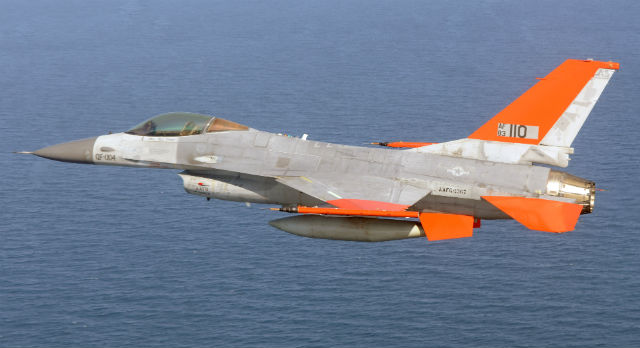
In an important study for both space flight and defense aviation, researchers in Belgium discovered that experienced fighter jet pilots have superior brain connectivity to handle visual information as well as a sense of balance. The study, which investigated the cognitive skills of a total of 10 male fighter jet pilots of the Belgian Air Force, was designed to investigate functional brain connectivity in fighter jet pilots. The pilots chosen for the investigation have F16 combat jet flight experience.
The outcomes were then contrasted with the cognitive skills of 10 persons “without flight experience.” In areas of the brain involved in processing sensorimotor information, the MRI scans of pilots with more flight experience revealed particular brain connection patterns. This suggests improved postural control and gait as well as better-timed reflexes. The study also looked at whether astronauts’ brains would exhibit the same alterations in brain connection as those shown in F16 jet pilots. This is due to the fact that astronauts and F16 fighter pilots both must quickly evaluate a variety of sensory data and adjust to changes in gravity.
The study on F-16 pilots is applicable to upcoming long-duration trips, including those to the Moon and Mars
“Fighter pilots have some interesting similarities with astronauts, such as exposure to altered g-levels, and the need to interpret visual information and information coming from head movements and acceleration (vestibular information),” said Professor Floris Wuyts of the University of Antwerp, senior author on the study. “By establishing the specific brain connectivity characteristics of fighter pilots, we can gain more insight into the condition of astronauts after spaceflight.”
The study is applicable to upcoming long-duration trips, including those to the Moon and Mars, where a future space crew will be exposed to different amounts of gravitational force throughout the course of the journey since F-16 pilots experience similar gravity level shifts as astronauts do. According to the study, a fighter jet pilot’s flying time is related to alterations in functional brain connectivity. The study discovered improved connectivity between regions of the brain that react to process visual information and the sense of balance in pilots who have “flown more frequently.”
